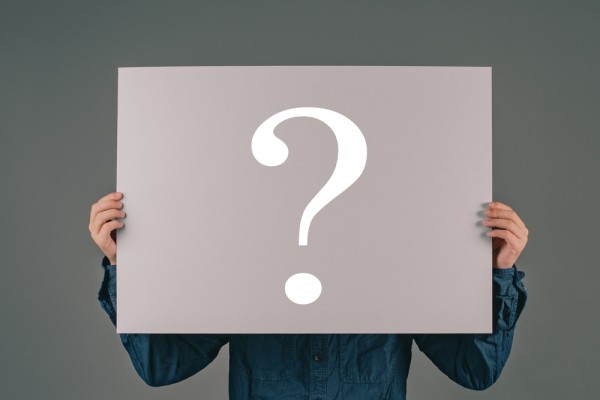Children's online safety concerns raised over Age Assurance technology
07/08/2024 | The Washington Post
As digital platforms clamour to implement measures to prohibit underage users from accessing their services, the niche area of "age assurance" technology is coming of age. Companies like Yoti, Incode, and VerifyMyAge are experimenting extensively with facial recognition. While these companies claim to protect children, their age-check tools could lead to unprecedented scrutiny and heightened privacy risks for all internet users. They require users to submit live "video selfies" along with ID to determine age eligibility. Major platforms like Facebook, Instagram, and TikTok are adopting these tools to regulate younger users as concerns about internet and social media impact continue to rise. Despite assertions of prioritising privacy and data deletion after analysis, critics fear that the collection of children's faces creates opportunities for that data to be exposed and exploited. Other concerns involve potential wrongful blocks based on disability or technical issues like the lack of an ID. Former Facebook security chief Alex Stamos has criticised such systems as ranging from "somewhat privacy violating" to an "authoritarian nightmare."

What is this page?
You are reading a summary article on the Privacy Newsfeed, a free resource for DPOs and other professionals with privacy or data protection responsibilities helping them stay informed of industry news all in one place. The information here is a brief snippet relating to a single piece of original content or several articles about a common topic or thread. The main contributor is listed in the top left-hand corner, just beneath the article title.
The Privacy Newsfeed monitors over 300 global publications, of which more than 6,250 summary articles have been posted to the online archive dating back to the beginning of 2020. A weekly roundup is available by email every Friday.

